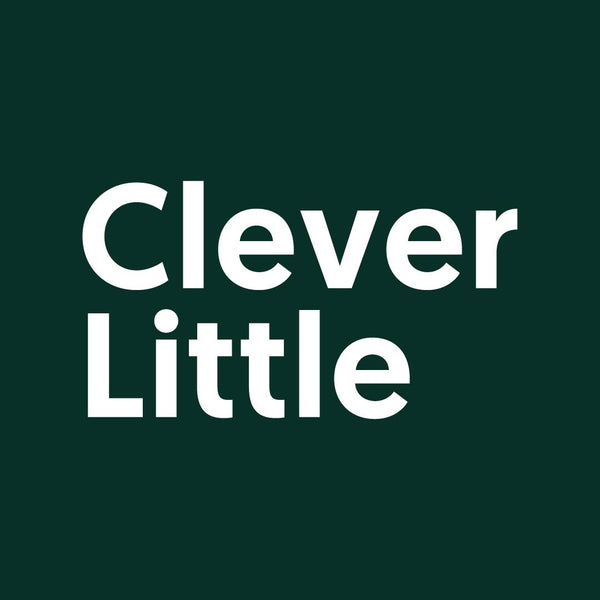
The Importance of Teaching Young Girls About Their Periods: Empowering Education for a Healthy Transition
Share
The onset of menstruation is a significant milestone in a young girl's life. It marks the beginning of her reproductive journey and is often accompanied by a mix of curiosity, excitement, and sometimes apprehension. It is crucial for young girls to receive comprehensive education about their periods, empowering them with knowledge and confidence to navigate this natural and transformative experience. This article highlights the importance of teaching young girls about their periods and provides insights into the benefits of comprehensive menstrual education.
- Normalizing the Conversation:
Teaching young girls about periods helps normalize the topic and eliminates the stigma and shame associated with menstruation. By creating an open and supportive environment, girls can feel comfortable discussing their experiences, seeking guidance, and addressing any concerns.
- Understanding the Body:
Menstrual education allows girls to understand the biological changes happening in their bodies. It provides information about the reproductive system, the menstrual cycle, and the purpose of menstruation. This knowledge helps girls develop a positive body image and cultivates a sense of self-awareness.
- Promoting Health and Hygiene:
Proper menstrual hygiene practices are essential for maintaining good health during menstruation. Educating young girls about hygiene practices such as using sanitary products, changing them regularly, and maintaining cleanliness helps prevent infections and promotes overall well-being.
- Managing Menstrual Symptoms:
Many girls experience physical and emotional changes during their periods. Comprehensive menstrual education equips young girls with information about common menstrual symptoms such as cramps, mood swings, and fatigue. They can learn effective self-care strategies, such as exercise, heat therapy, and relaxation techniques, to manage these symptoms and minimize discomfort.
- Empowering Decision-Making:
Menstrual education empowers young girls to make informed choices about menstrual products that suit their preferences and lifestyles. They can learn about various options, including pads, tampons, menstrual cups, and reusable cloth pads, enabling them to choose what works best for them.
- Fostering Emotional Well-being:
Understanding the hormonal changes that occur during menstruation helps girls recognize and manage emotional fluctuations. By teaching girls about the connection between hormones and emotions, they can develop strategies to support their mental well-being and navigate any emotional challenges that may arise.
- Encouraging Body Positivity:
Menstrual education promotes body positivity and teaches girls to embrace their bodies throughout the menstrual cycle. It emphasizes that menstruation is a natural process and not a source of shame or embarrassment.
- Facilitating Future Planning:
Educating young girls about their periods lays the foundation for future family planning and reproductive health discussions. It prepares them for conversations about fertility, contraception, and pregnancy when the time is appropriate.
Comprehensive menstrual education is vital for young girls, as it empowers them to navigate their periods with knowledge, confidence, and dignity. By normalizing the conversation, providing information about the body and menstrual hygiene, and teaching self-care strategies, girls can embrace their periods as a natural part of life. By instilling knowledge and fostering open discussions, we can empower young girls to embrace their bodies, make informed choices, and prioritize their health and well-being as they embark on their menstrual journey.
